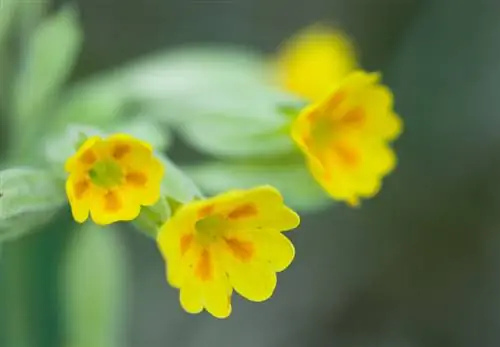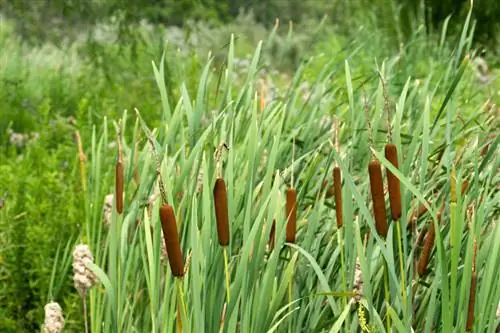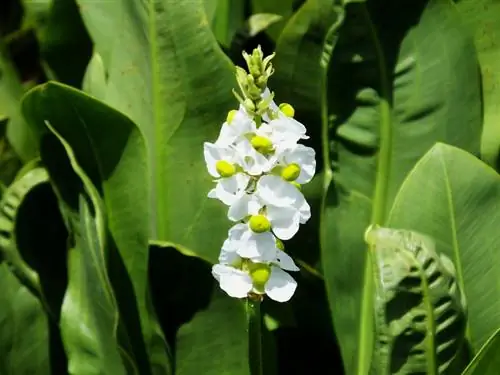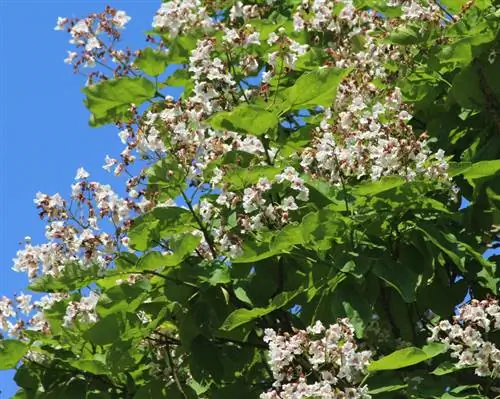- Author admin leonars@hobbygardeners.com.
- Public 2023-12-16 16:46.
- Last modified 2025-01-23 11:20.
With their foliage they look inconspicuous. With their flowers, which appear around May, they seem completely harmless and sometimes even delicious. But can they be eaten safely or are they highly poisonous?

Are peonies poisonous?
Peonies are mildly poisonous and should not be consumed as they can cause symptoms such as nausea, vomiting, diarrhea and gastrointestinal pain. They are particularly dangerous for small children and pets and can cause poisoning.
A slightly poisonous plant
You should not put peonies on your dinner plate! Why? Because peonies are mildly poisonous. They contain substances that can cause major unrest in your digestive tract. Anyone who consumes too large quantities of the peony must expect symptoms such as:
- Vomiting
- Nausea
- Diarrhea
- Gastrointestinal pain
Normally, small amounts consumed do not have a negative effect and you do not have to expect any symptoms. But small children and pets should be protected from trying the peony. They are more susceptible to poisoning. Small amounts can cause vomiting and diarrhea in cats. Peonies are even considered highly poisonous for dogs!
Peonies also have healing properties
Who would have thought - although peonies are slightly poisonous, they are also medicinal. This has been known for several centuries. In the past, the petals, seeds and roots were primarily used in folk medicine. The roots are said to help with seizures, intestinal problems and gout.
Today's homeopathy also appreciates peonies. The content of glycosides and alkaloids is insignificant, as the small amounts of these toxic active ingredients are not crucial in homeopathy. Among other things, the roots are used homeopathically for hemorrhoids.
Tip
Even though peonies are slightly poisonous, you don't need to be afraid when handling these plants or cutting them. The main active ingredient, paenoflorin, has no adverse effect upon skin contact.






